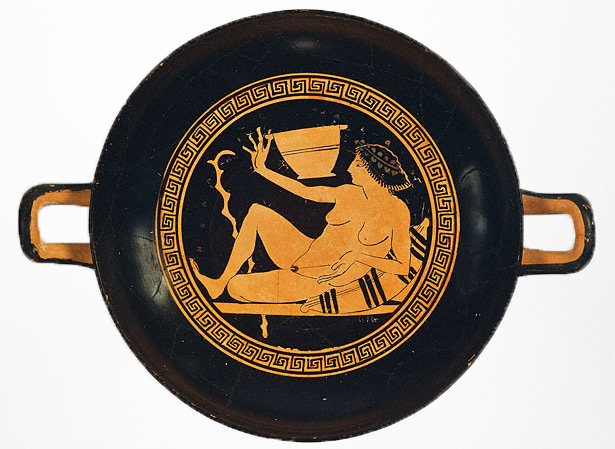 The first principle of Pagan kosher is eating locally. Local is a scale of distance. It might be the chickens in your backyard, or on your roof if you live in a city. It might be the milk you buy from the farmer in the next town, the grain from the next county, or the potatoes from the next state over. This both cuts down on the use of fuel needed to transport food and honors the place where we live. We live in a highly mobile society and, as Pagans, it can be hard to connect with a local landscape. We often use meditation as a way to make that connection, and while that is a valid approach, knowing what lives near your home that can feed you is far more visceral.
The first principle of Pagan kosher is eating locally. Local is a scale of distance. It might be the chickens in your backyard, or on your roof if you live in a city. It might be the milk you buy from the farmer in the next town, the grain from the next county, or the potatoes from the next state over. This both cuts down on the use of fuel needed to transport food and honors the place where we live. We live in a highly mobile society and, as Pagans, it can be hard to connect with a local landscape. We often use meditation as a way to make that connection, and while that is a valid approach, knowing what lives near your home that can feed you is far more visceral.
-
 Anne, from a nutritional standpoint, veganism is highly risky behavior. But I completely support it from a religious standpoint, a
Anne, from a nutritional standpoint, veganism is highly risky behavior. But I completely support it from a religious standpoint, a -
 An article in support of your position, though it's not too friendly to vegans. http://www.guardian.co.uk/commentisfree/2013/jan/1
An article in support of your position, though it's not too friendly to vegans. http://www.guardian.co.uk/commentisfree/2013/jan/1 -
 I really enjoyed reading this entry. I'm looking forward to reading more about Pagan Kosher.
I really enjoyed reading this entry. I'm looking forward to reading more about Pagan Kosher.








 Proposition 37 is voter-mandated proposal in California to label products that contain Genetically Modified Organisms. If you are still unclear about exactly what GMOs are, and why they are bad, let’s have an explanation.
Proposition 37 is voter-mandated proposal in California to label products that contain Genetically Modified Organisms. If you are still unclear about exactly what GMOs are, and why they are bad, let’s have an explanation.










